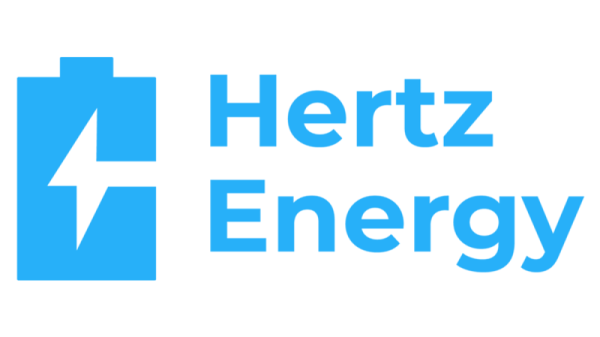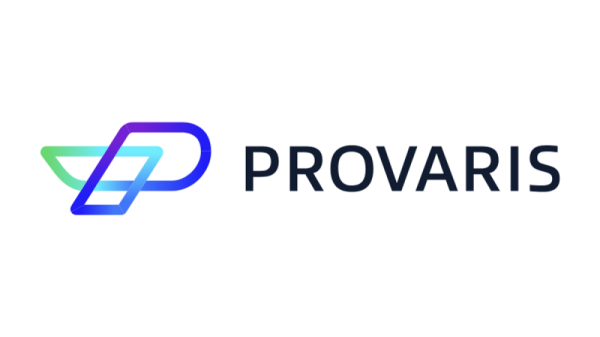Employment scams surged last year, as criminals leveraged artificial intelligence to steal money and personal information from unsuspecting job seekers, experts said.
Consumer reports of job scams jumped 118% in 2023 from the prior year, according to a recent report by the Identity Theft Resource Center.
Thieves generally pose as recruiters and post fake job listings to entice applicants, then steal valuable information during the “interview” process.
Often, they put these phony listings on reputable websites like LinkedIn and other job search platforms, ITRC said, making it tough to disentangle truth from fiction.
A chief danger is divulging information about financial accounts or sensitive personal data (like a Social Security number) that criminals can then use to steal a job seeker’s identity.
Consumers reported losing $367 million to job and business opportunity scams in 2022, up 76% year over year, according to the Federal Trade Commission.
The typical victim lost a “whopping” $2,000, the FTC said.
Job scams aren’t the most prevalent fraud: They accounted for only 9% of total identity scams in 2023, second to Google Voice scams, which totaled 60%, ITRC said. (Google Voice scams trick people into sharing a Google verification code, which scammers can use for nefarious ends. They often target people on Craigslist and Facebook Marketplace.)
However, employment scams are an “emerging” threat, said ITRC president and CEO Eva Velasquez.
“Job scams have been around since there were jobs,” Velasquez said. ”[But] they’ll continue to grow because of a number of external factors that are occurring.”
AI advancements are one of those factors: They allow scammers to generate job listings and recruitment messages that look and feel more legitimate, experts said.
“AI tools help refine the ‘pitch’ to make it more believable as well as compensate for cultural and grammar differences in language usage,” according to the ITRC report.
What’s more, the rise of remote work during the pandemic era have made workers and job seekers more comfortable with digital-only transactions, Velasquez said.
Job seekers may never see a physical person during a phony hiring or interview process: They may interact with a supposed recruiter only via text or WhatsApp message, Velasquez said, which amounts to a “big red flag.”
Recent college grads, immigrants or other people new to the U.S. workforce may think such digital-only hiring normal, especially for fully remote jobs, she said. But hiring generally doesn’t work this way, she added.
Con artists will “push you for money” during the hiring process, the FTC said.
They may send an invoice for advance payment of on-the-job equipment (like a computer ) or job training. They promise to reimburse you, but won’t, according to the federal agency.
Scammers may also ask for your personal information — like a driver’s license, Social Security number or bank account details — upfront in order to fill out “employment paperwork,” the FTC said.
“Scammers will promise you a great job, but what they really want is your money and your personal information,” New York Secretary of State Robert Rodriguez said in a consumer alert this year.
Job seekers should not expect to have to hand over personal information until after they’ve received and accepted a job offer, Velasquez said. (While this is a good screen for legitimacy, it may not provide a safety guarantee in all cases, she said.)
Ultimately, “there’s no sure-fire way to detect” job opportunity scams, according to the FTC.
Here’s what you should know and how you can better protect yourself, according to Velasquez and the FTC:
Don’t have a false sense of security on well-known job search platforms.
Independently verify the company exists and is hiring. Don’t accept a job offer until you’ve done your own research.
Be wary if you didn’t initiate contact with a prospective employer or recruiter. Instead, reach out to the company directly using contact information you know is legit.
Only limited personal information is generally required during the application process: name, phone number, job and education history, and perhaps email and home address, Velasquez said.
Digital-only interactions are a red flag. However, phone calls are also not a guarantee of security.
Honest employers won’t send you a check to buy supplies or anything else, then ask you to send back the leftover money. This is a fake check scam.
Be wary of something that sounds too good to be true. For example, a job ad for 100% remote work that requires few skills and a huge salary “is not realistic,” Velasquez said.







































